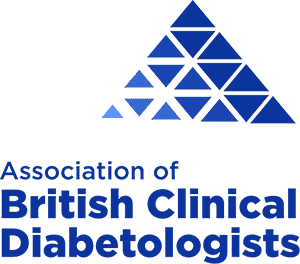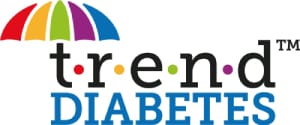WINNER
Telemedicine in Improving Care and Outcomes, in Antenatal Diabetes Patients
by Countess of Chester Hospital NHS Foundation Trust
NICE recommends using telemedicine, such as Skype, to assist women with diabetes in achieving their blood glucose targets. Skype allows consultations with healthcare professionals over large geographical areas, facilitating discussions related to the achievement of blood glucose levels and related issues. Using smartphone technology and mobile devices can facilitate a two-way exchange of biochemical information and advice. Skype technology was used for remote consultations with pregnant women diagnosed with gestational diabetes mellitus and examined to assess the impact on outcomes and quality of care. Projected annual savings, patient satisfaction outcomes, and clear health benefits have encouraged its continued use.
Judges’ comments:
“This entry clearly demonstrated that it is a well-planned project, which is extremely well structured. It is transferable and the model could be followed straight off the page. A lot of consideration has been given to safety, rationale, guidance and patient selection. It was clearly successful with patients and reduces attendance with a low DNA rate.”
HIGHLY COMMENDED
Supporting Primary Care with Diabetes and Chronic Kidney Disease Management
by East and North Herts NHS Trust
Diabetes and Chronic Kidney Disease (CKD) commonly co-exist and management is complex, with frequent cardiovascular, retinal, foot and bone multi-morbidity and increased risks of hospitalisation. East and North Herts Clinical Commissioning Group (CCG) commissioned a pilot service to identify and provide a holistic virtual review of high-risk patients. The team worked with primary care to establish 15 pillars of care. A virtual specialist diabetes consultant review was carried out on each patient, followed by Skype case-based discussions with GP practices, to educate and upskill primary care colleagues to help manage vulnerable patients.
Judges’ comments:
“This entry from East and North Herts NHS Trust was an excellent example of a population health management approach, showing an innovative method to targeting. It identified an important unmet need with innovation and new technology. The judges would copy it and thought it had the potential to be the future of healthcare.”
COMMENDED
County Durham & Darlington Diabetes Information and Education Team (DIET)
by North of England Commissioning Support (NECS)
County Durham & Darlington (CDD) Integrated Diabetes Service implemented a five-year model in 2016/17, recognising that North Durham, Durham Dales, Easington and Sedgefield (DDES) and Darlington Clinical Commissioning Groups (CCGs) needed to increase numbers of patients being referred and attending structured diabetes education programmes. Sessions had faced declining numbers of educators and long wait times. In 2017 NHS England funding was secured to double the places from 720 to 1,440 in County Durham and Darlington, with the County Durham and Darlington NHS Foundation Trust (CDDFT) Diabetes Information and Education Team (DIET) providing a single point of access.
Judges’ comments:
“The DIET project demonstrated a novel approach, which was well executed and holistic. It is well-presented, robust and recognised by the staff as important and is embedded. The judges also liked that this has gone into primary care and the personal approach with phone calls, as well as social media.”
FINALIST
Improving Diabetes Care in York with a Specialist Outreach Team
by York Teaching Hospital NHS Foundation Trust
A short-term Diabetes Specialist Outreach Team (DSOT) was established to address the needs of people with diabetes with the highest risk of complications for any reason. Despite a high-quality diabetes service locally, certain people at high risk of hospital admission and diabetes complications do not use or benefit from current services. This project aimed to complement and fill gaps in the existing service, preventing complications in the longer term, as well as illness and hospital admission in the shorter term. The project team achieved three target measures and saved 21 diabetes-related hospital admissions in the first year.
Judges’ comments:
“The judges liked that the York Teaching Hospital NHS Foundation Trust targeted the most vulnerable people who don’t fit in most standard tiers of care. They took an individualised approach, looking at patient characteristics and spent their funds on the people who need help.”














